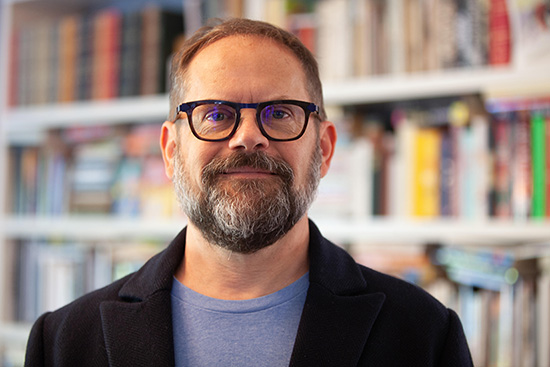About Colin
When Ruby and Hart were killed, I was lost. Without them, all of life felt meaningless. I didn’t want to be alive without them. I felt like a scared little boy, all alone in a terrifyingly empty world. I was untethered from life. For the first few months, I wasn’t sure if I would be able to go on living without losing my mind. The enormity of their deaths was so awful it couldn’t fit in my head.
I had plunged down into uncharted terror and I desperately wanted guidance. So even though it was hard for my traumatized mind to focus on words, I devoured books about coping with grief. I read the memoirs and the self-help books, books written by grief counselors and therapists, and by people who had lost loved ones of their own. They all offered some kernels of insight, some useful piece of advice about grieving or finding purpose. But they all also, at some point, disappointed me. They presented grieving as this very mysterious and private process that I had to figure out on my own. They were short on specifics about what it means to mourn. What are we actually supposed to be doing? All the books went on and on about the importance of sharing my grief, but there wasn’t a lot of guidance on how exactly to do that. How do I talk about my grief in a way that my family and friends can understand? How do I not scare them off with the intensity of my pain and rage? These books offered very few concrete examples of how I was supposed to get through the day to day agony of profound loss.
The first three years after Ruby and Hart’s deaths were a brutal lesson in unwanted wisdom. In that time, I began to learn how to navigate my pain, lessen my suffering, combat my despair, access the love and support of my friends and family, and become even more connected to my wife. Most importantly, I learned how to hold close my thoughts, memories, and love of Ruby and Hart, without becoming completely overwhelmed by the pain and sadness of my grief.
I am not a therapist, psychiatrist, or licensed grief counselor. I don’t have a PhD in behavioral sciences. But I have journeyed with an open heart to some of the scariest, cruelest, darkest places of human suffering, and I have come back with some hard-won truths about grief that I believe are worth sharing. I have also gained wisdom from talking with friends I’ve met in grief groups and from reading an inordinate number of grief books. By offering up both my raw experiences and the stories and thoughts of my fellow travelers, I hope to help others who are struggling with their own losses, and also open a window onto grief, a taboo subject that is often kept hidden away out of fear and, sometimes, even a sense of shame.
Professional Bio
Colin Campbell is a writer and director for theater and film. He was nominated for an Academy Award for Seraglio, a short film he wrote and directed with his lovely and talented wife, Gail Lerner. He has taught Theater and/or Filmmaking at Chapman University, Loyola Marymount University, Cal Poly Pomona University, and to incarcerated youth through The Unusual Suspects. His one person show titled, Grief: A One Man ShitShow, premiered at the Hollywood Fringe Festival where it won a Best of Broadwater Award. He lives in Los Angeles and sometimes Joshua Tree.


